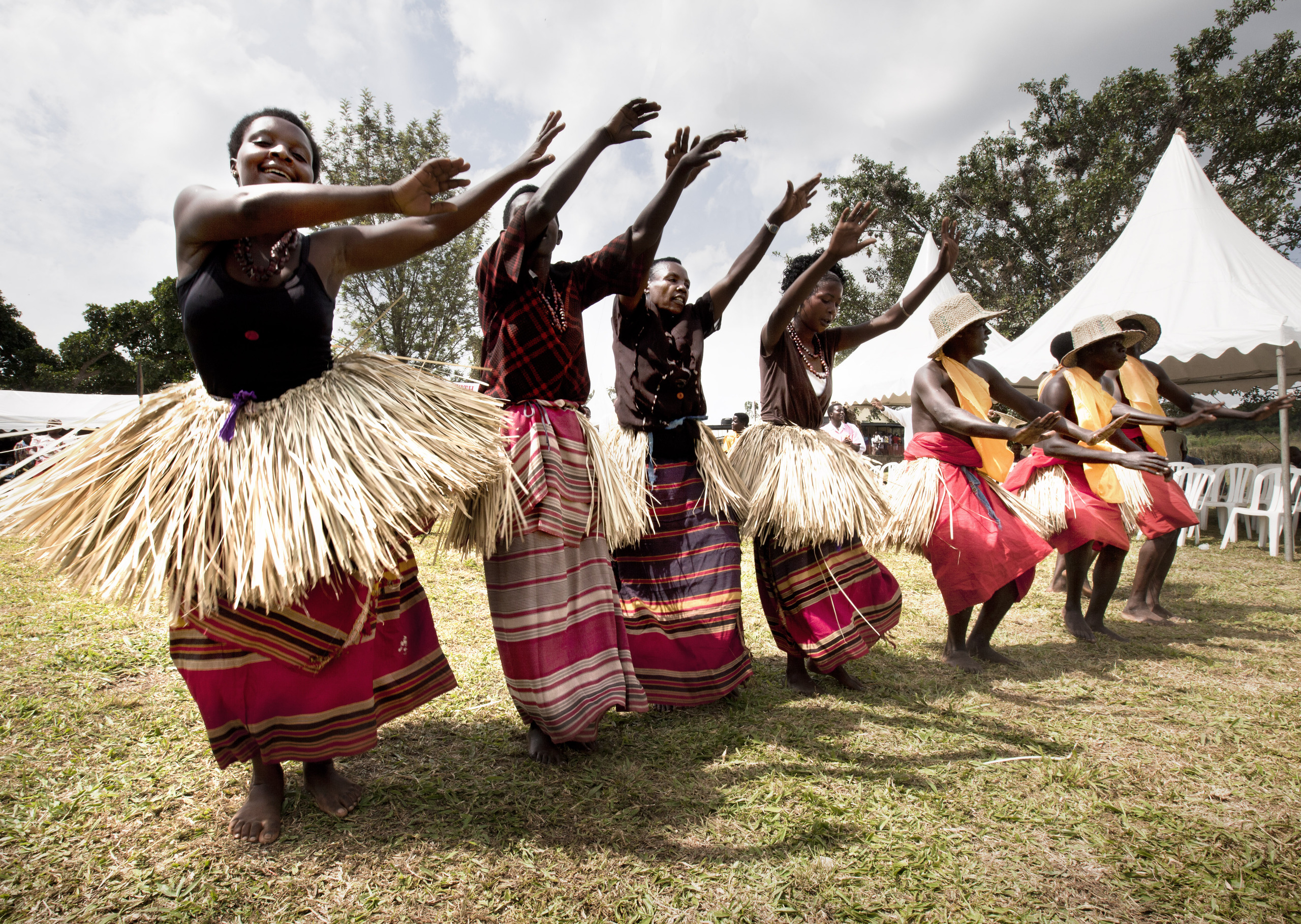For the last 30 years, medical research has transformed HIV/AIDS from one of the most lethal worldwide pandemics to a preventable and manageable disease for many, allowing those infected to lead full and healthy lives. But a paradox also emerged – as access to care and treatment improved and infection rates have declined, stigma and discrimination against those infected with HIV has increased dramatically.
A new report from the Global Commission on HIV and the Law, argues that stigma, punitive laws, and discriminatory practices prevent the world’s most vulnerable populations –including women and children—from being able to protect themselves against HIV/AIDS.
The Commission concluded laws that fail to protect women and girls from sexual and gender-based violence also “undermine the ability of women and girls to negotiate safe sex and protect themselves from infection.” Stripped of the empowerment to demand their partners use protection during sexual encounters, many women become unknowingly infected with HIV; inadvertently perpetuating the cycle of stigma and shame associated with the virus.
"This report may make a great many people uncomfortable—hopefully uncomfortable enough to take action," Fernando Henrique Cardoso, chair of the Commission and former president of Brazil, wrote in his introduction to the report. According to the report, transmitting HIV is a crime in more than 60 countries. The Commission argues that decriminalizing transmission is an important step to reducing discrimination.
In an effort to combat stigma and discrimination, the Elizabeth Glaser Pediatric AIDS Foundation (EGPAF) supports clinics throughout Africa to offer group counseling and provide HIV-positive patients with the opportunity to support and encourage one another. Each summer, EGPAF also offers HIV-positive adolescents a chance to bond at Ariel Camp. Throughout the week, campers learn important lessons about sexuality, personal care, and discrimination, and are encouraged to share their insights with their community.
Seventeen-year-old Faith from Uganda said the Ariel Club was instrumental in helping her cope with the challenges of living with HIV. “The Ariel Club (has) helped me to know that I am not alone,” she said. “We are all one family. We are working together to fight this disease, because every child deserves a lifetime.”
To learn more about EGPAF’s work to combat HIV stigma and discrimination, please click here.
Chelsea Bailey is Communications Assistant for the Foundation, based in Washington, D.C.




